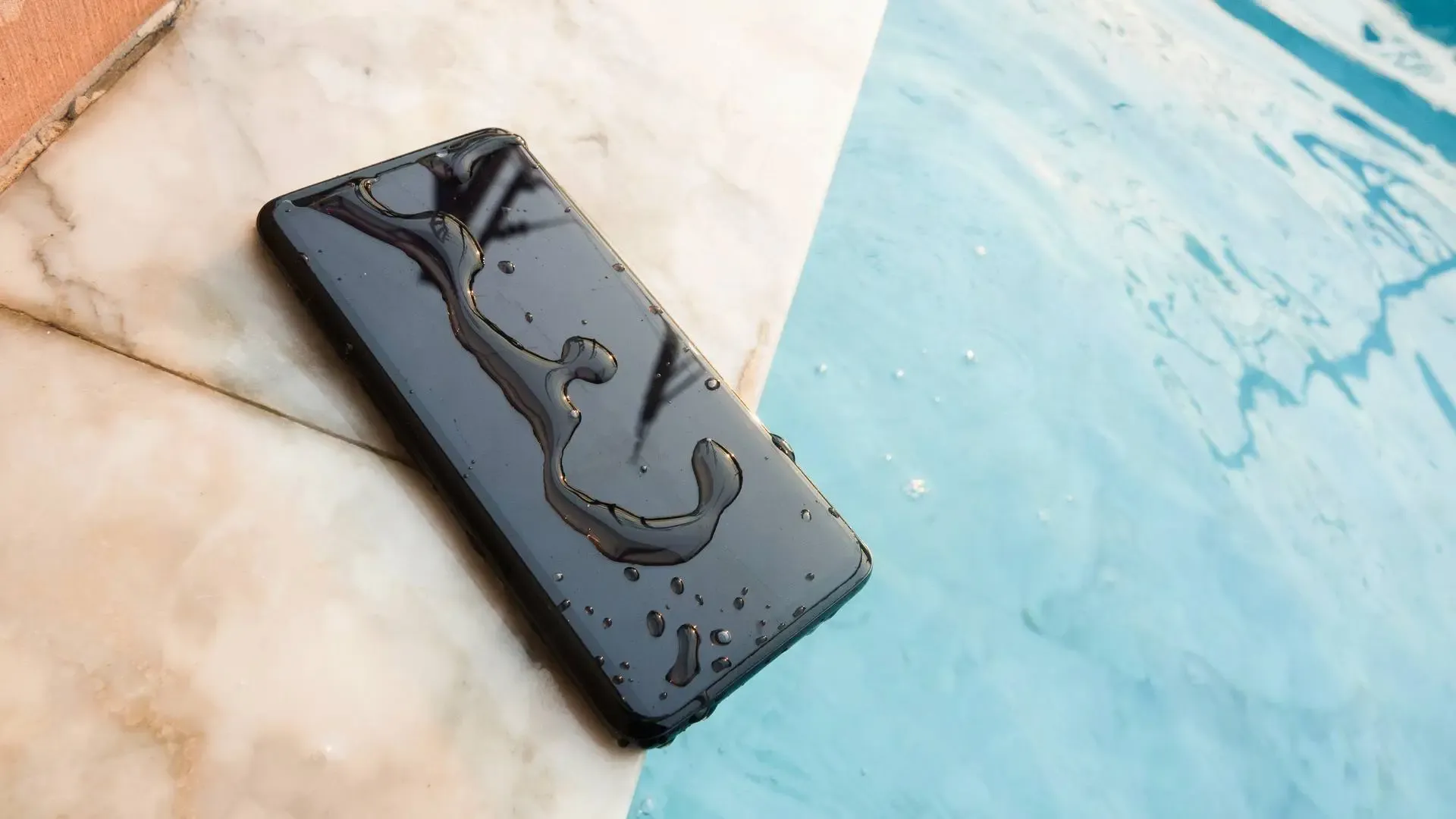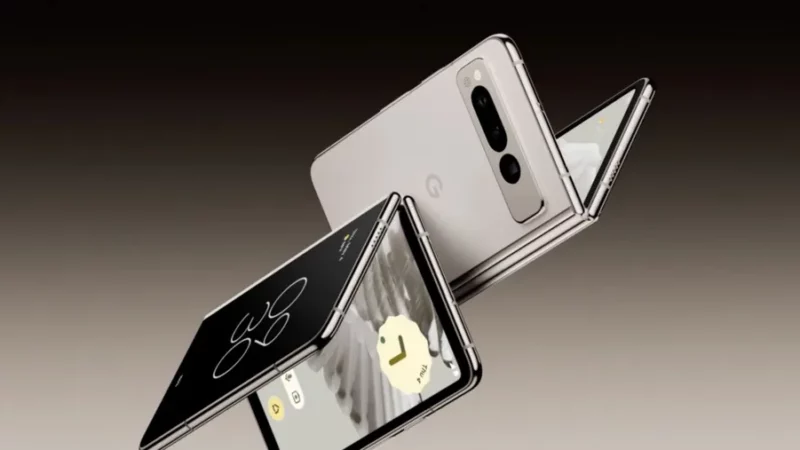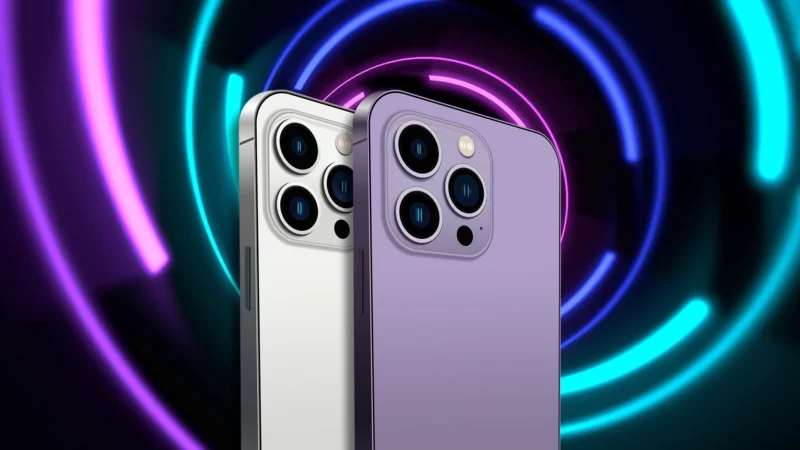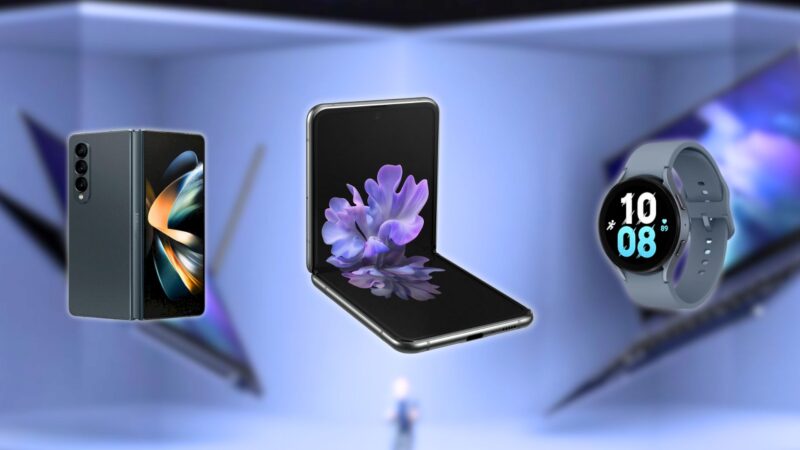Water and Dust IP Ratings: What Does IP68 Really Mean?

Introduction
Have you ever wondered how your smartphone or smartwatch remains functional even when exposed to water or dusty environments? The secret lies in IP ratings, which determine a device’s level of protection against water and dust. In this article, we’ll explore the world of IP ratings, focusing on the highly popular IP68 rating. So, let’s dive in and uncover the meaning and significance of IP68!
Understanding IP Ratings
IP, short for Ingress Protection, is a standardized system that rates electronic devices based on their ability to resist foreign elements like water and dust. The IP code is followed by two digits (IPXX), where each digit represents a specific level of protection. The first digit indicates the degree of protection against solid particles, while the second digit denotes protection against liquids.
Decoding the IP68 Rating
When you encounter an IP68 rating, it means the device boasts exceptional water and dust resistance. The “6” in IP68 signifies that the device is fully protected against dust and other solid particles. The “8” indicates an impressive level of water resistance, allowing the device to function even when submerged in water beyond 1 meter for a prolonged period.
Let’s bring this into perspective. Imagine you have a smartphone with an IP68 rating. It can endure dusty terrains without letting any particle interfere with its performance. Additionally, you can accidentally drop it in a pool without worrying about water damage. How cool is that?
IP68 in Everyday Devices
The widespread adoption of IP68 ratings in various devices has revolutionized our daily lives. Many smartphones and smartwatches now come with this coveted rating, providing peace of mind to users who are always on the go. From unexpected rain showers to accidental spills, IP68-rated devices ensure functionality is never compromised.
Moreover, outdoor cameras equipped with IP68 can brave harsh weather conditions, delivering uninterrupted surveillance without degradation in performance. Fitness trackers with this rating are not only sweat-proof but also can be worn during swimming sessions. It’s like having a personal assistant that doesn’t mind getting a little wet!
Testing and Certification
Before an electronic device receives an IP68 rating, it goes through rigorous testing to prove its water and dust resistance capabilities. Various international standards and tests exist to assess the device’s resilience in real-world scenarios. Manufacturers often collaborate with third-party testing laboratories to ensure unbiased results.
Reputed certifying bodies like the International Electrotechnical Commission (IEC) and the American National Standards Institute (ANSI) are among those who validate IP68 ratings. These certifications assure consumers that the devices they purchase have undergone thorough evaluations and have earned their water and dust-resistant credentials.
IP68 vs. Other IP Ratings
While IP68 is an impressive rating, it’s essential to understand how it compares to other IP ratings to make an informed decision. IP67, for example, is similar but has slightly lower water resistance. On the other hand, IPX8 devices have specific water depth limitations, and they are tested accordingly.
In terms of versatility, IP68 is hard to beat. Its high water and dust resistance make it suitable for various applications, from consumer electronics to industrial equipment. However, for specific use cases, other ratings might be sufficient and more cost-effective.
Waterproof vs. Water-Resistant
The terms “waterproof” and “water-resistant” are often used interchangeably, leading to confusion among consumers. It’s crucial to understand the distinction to manage expectations properly.
A device labeled as “waterproof” suggests it can withstand water exposure without damage, making it suitable for underwater use. However, no electronic device can be entirely waterproof. Instead, they are “water-resistant” to varying degrees, meaning they can handle water to a certain extent.
Maintaining IP68 Rating
While IP68-rated devices are designed to be rugged, proper maintenance is necessary to preserve their protective capabilities. Regularly cleaning the device from dust and debris ensures the ingress protection remains effective. Additionally, ensuring all ports and covers are tightly sealed contributes to sustained water resistance.
Avoiding unnecessary exposure to extreme elements, such as prolonged underwater use beyond the rated depth, is essential. By taking good care of your IP68-rated devices, you can ensure they serve you well for a long time.
IP68 for Extreme Environments
The robustness of IP68 ratings makes them ideal for challenging environments like construction sites and mining operations. These industries demand electronic devices that can withstand dust, dirt, and occasional splashes without compromising performance.
Additionally, IP68 ratings have found applications in underwater equipment, enabling divers and marine researchers to use specialized devices without fear of water damage. Whether it’s exploring ocean depths or working in construction zones, IP68 provides the reliability needed for critical tasks.
Future of IP Ratings
As technology continues to advance, we can expect even more innovative ways to protect electronic devices from water and dust. Manufacturers are continuously pushing the boundaries of what’s possible, resulting in improved IP ratings for future devices.
From nanotechnology coatings to advanced sealing methods, the future holds exciting developments in water and dust resistance. Imagine a day when nearly every electronic device comes with a highly durable IP rating, allowing us to go about our daily activities without worrying about environmental challenges.
Conclusion
In conclusion, IP68 is more than just a rating; it’s a symbol of durability and reliability. The “6” indicates complete protection against dust, while the “8” boasts outstanding water resistance. From smartphones to fitness trackers, IP68 has become a sought-after feature that empowers users to embrace life’s adventures without constraints.
So, the next time you encounter an IP68-rated device, rest assured that you’re holding a tech marvel that’s built to withstand the elements, ready to accompany you on your journey.
FAQs about IP68 Ratings
- Q: Can I take an IP68-rated smartphone for swimming?
A: Absolutely! IP68-rated smartphones are designed to handle being submerged in water, so you can take them for a swim without worries.
- Q: How often should I clean my IP68-rated smartwatch?
A: It’s a good practice to clean your IP68-rated smartwatch regularly, especially after exposure to dusty environments or water.
- Q: Can an IP68-rated camera survive heavy rain?
A: Yes, an IP68-rated camera can withstand heavy rain and continue functioning without any issues.
- Q: Do all IP68-rated devices have the same level of water resistance?
A: While all IP68-rated devices offer a high level of water resistance, the specific depth and duration they can handle might vary slightly between manufacturers.
- Q: Is there any difference between IP68 and IPX8 ratings?
A: Yes, while both ratings offer impressive water resistance, IPX8 may have specific limitations on water depth and testing methods, whereas IP68 is more comprehensive in terms of protection.






